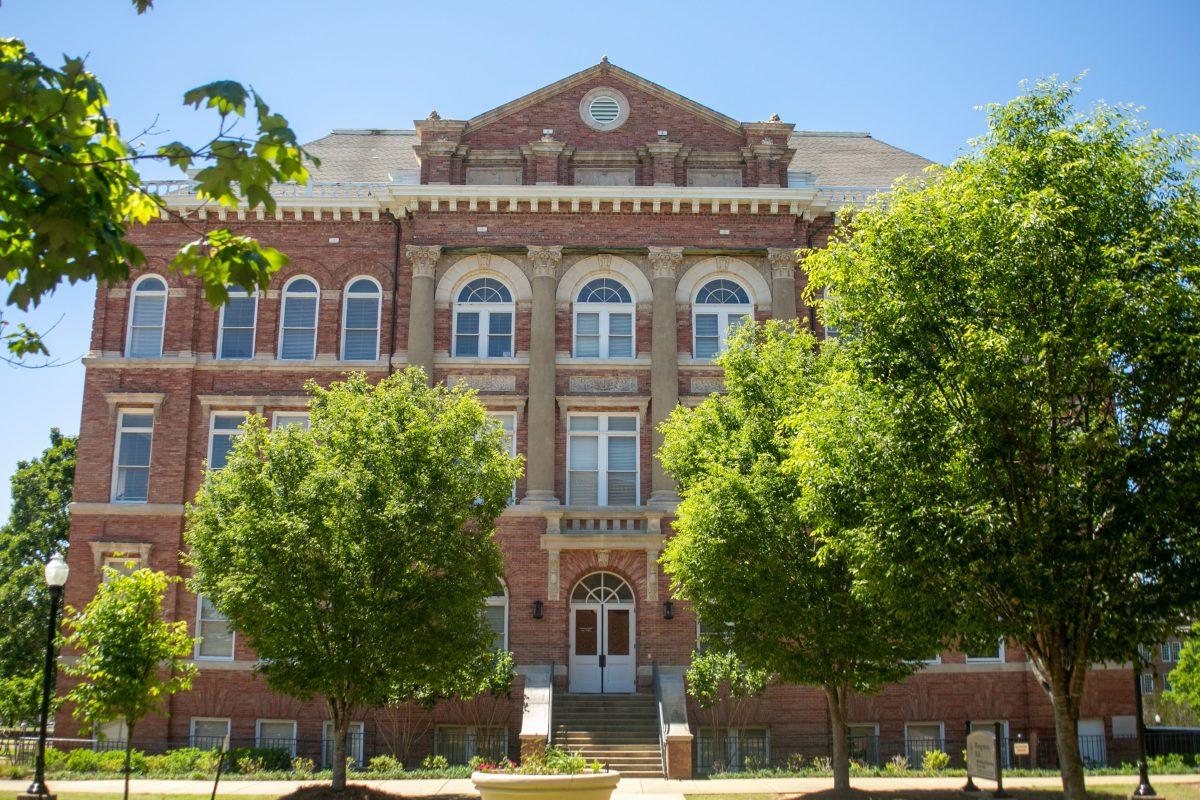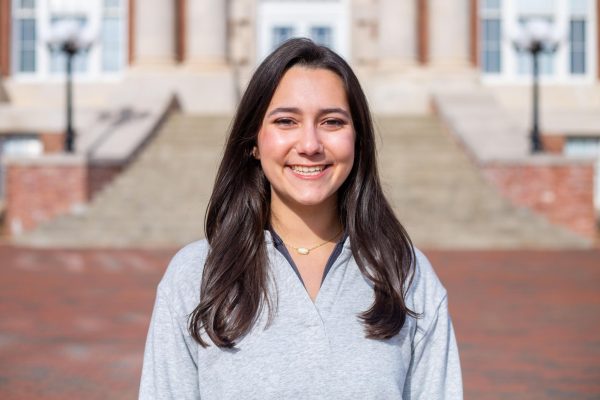According to the National Student Clearinghouse Research Center, the number of community college students transferring to four-year universities declined 7.5% nationwide last year. Mississippi State University transfer advisors have solutions to improve transfer rates.
Hannah Pierce, MSU assistant director of transfer recruitment, said COVID-19 impacted transfer rates nationally because more freshmen attended community college and did not transfer out.
Pierce said that MSU, however, was not as heavily impacted. Unlike other universities across the nation, MSU already understood the value of recruiting community college students and has a team of transfer advisors.
“They benefit us because a lot of times the majority of the ones that are transferring to us are the ones that are certainly graduating, especially Phi Theta Kappa honor students. So, we see a huge transfer retention on graduation rates,” Pierce said.
Pierce and her team travel to all 15 Mississippi community colleges and bring visibility to MSU by tabling and giving presentations. Pierce said that the transfer application is designed to make enrollment easier by only requiring an unofficial transcript and a completed general application.
“We’ve seen the more stuff you need or transcripts to send, the less likely they’re going to come to us,” Pierce said.
Michael Heindl, MSU alumnus and president of Northwest Mississippi Community College, highlighted the relationship community colleges have with MSU through the Presidential Partnership Scholarship.
“It’s further showing this forward-thinking thought process Mississippi State has, in terms of trying to get some of the best students that community colleges have. It’s a very exciting opportunity for students, and it’s a big deal,” Heindl said.
The Presidential Partnership Scholarship invites all 15 Mississippi community college presidents to nominate outstanding honor students to MSU. MSU selects one recipient from each community college for a full-tuition scholarship over two years.
The NWCC 2022 Presidential Partnership Scholarship recipient was Mary Claret Landsgaard, a junior electrical engineering major and International Paper intern from Olive Branch, Mississippi.
Landsgaard praised MSU for valuing community college students and encouraged other universities to do the same.
“I think other four-year universities don’t understand; they have it backwards. They want students to pay for school for four years so much that they overlook the value of having an already well-rounded student come in and give them results,” Landsgaard said.
Another thing that sets MSU apart from other institutions is its Bachelor of Applied Science program. MSU is the first university in Mississippi to offer a full bachelor’s degree in applied science which allows two-year career tech graduates to further their education.
MSU accepts all of a career tech student’s credits from their Associate of Applied Science degree and allows students to choose up to three emphasis areas. MSU also offers online, in-person and hybrid learning options for flexibility.
“There are not very many universities in the state or in the nation that have thought progressively, to be able to allow students and some of our faculty who teach in our applied science degrees, to have this kind of opportunity. This allows them to get their bachelor’s without losing any hours. And there are universities in the state and across the nation that really have not figured this out, but Mississippi State has, and it’s very exciting,” Heindl said.
Heindl said he appreciates that universities like MSU intentionally seek out community college students. He praised President Mark Keenum, a notable Northeast Mississippi Community College alumnus, and his readiness to meet with the community college presidents. He credited this kind of partnership as significant to community colleges and four-year universities.
Pierce said that MSU is proud to be a transfer-friendly university and that other institutions are noticing their success. MSU was selected as one of the most transfer-friendly schools in the nation in Phi Theta Kappa’s 2022 Transfer Honor Roll, but Pierce said they hope to keep improving.
“There’s lots of things that we hope we do well, there’s always things that we think we can do better, but we are prioritizing giving the transfer community opportunities. We’re hoping that transfers can call MSU home and continue their success,” Pierce said.
2022 recipient Mary Claret Landsgaard
















